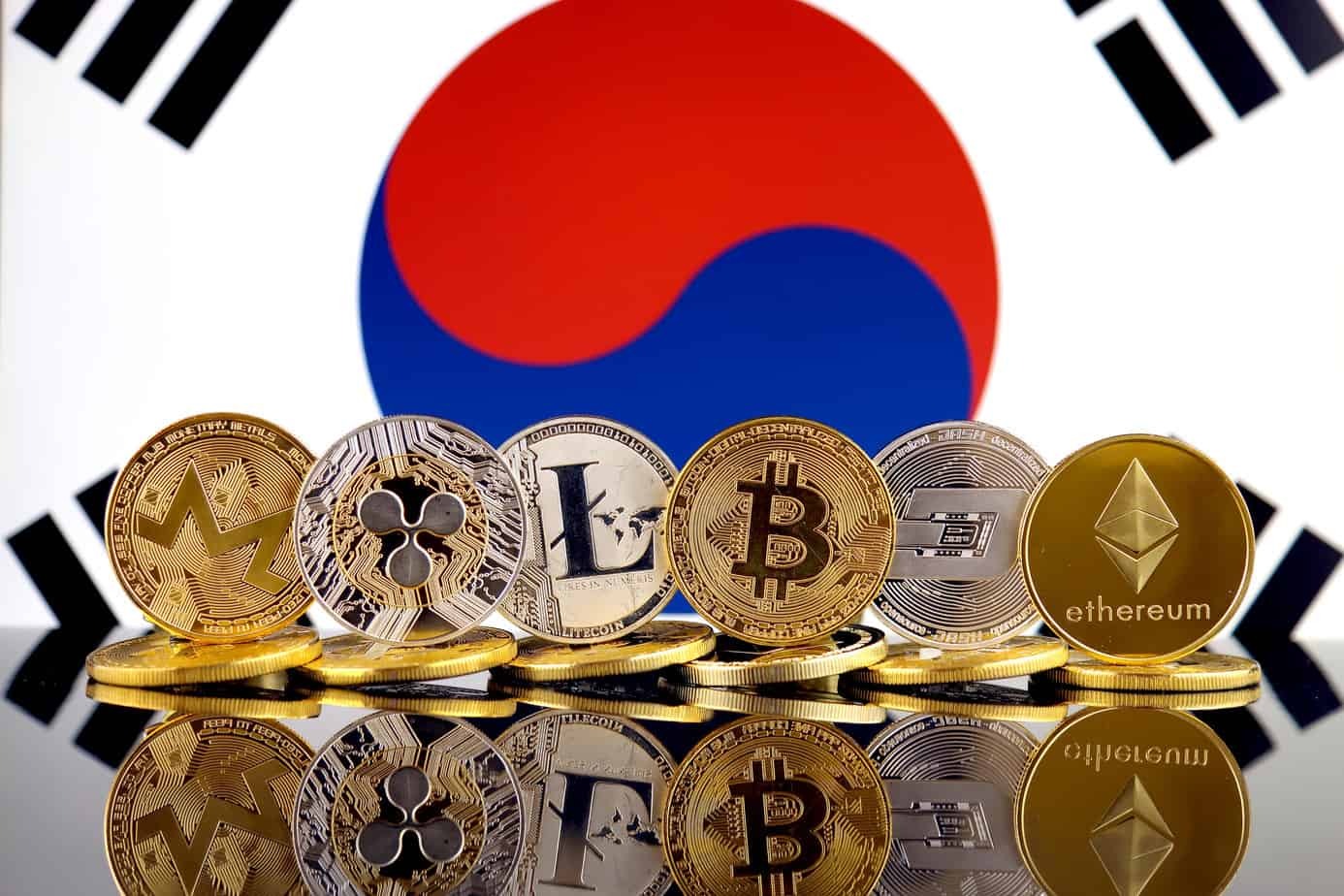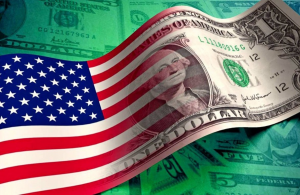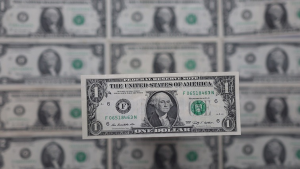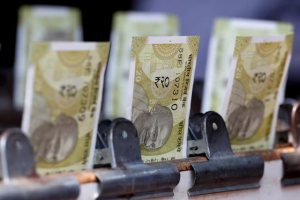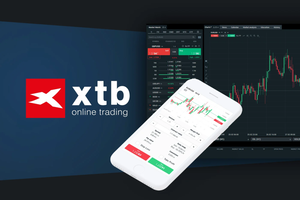South Korea has introduced a pioneering bill to regulate the cryptocurrency market, focusing on Korean stablecoins, in a move aimed at enhancing financial security and encouraging innovation.
The bill, presented by lawmaker Min Byung-Duk from the ruling party, sets forth a comprehensive legal framework and establishes a licensing system for issuers of Korean stablecoins, opening up vast opportunities for a regulated and growth-capable digital market.
Licensing issuers with strict conditions enhances market confidence The bill requires issuers of Korean stablecoins to have a minimum capital of at least 500 million Korean won (approximately $368,000), a condition that forms a high entry barrier but helps ensure market stability. President Lee Jae-myung has supported this direction, emphasizing the need to directly tie Korean stablecoins to the won to enhance financial sovereignty and reduce dependence on foreign currencies like USDT and USDC.
Transitioning to a mature cryptocurrency market with direct government support The law is not limited to regulating Korean stablecoins only; it provides a comprehensive legal definition for digital assets and mandates the establishment of a digital committee under direct presidential oversight, contributing to building a mature legal framework that supports decentralized finance (DeFi) protocols and digital exchanges both inside and outside of South Korea. The law also includes strict provisions against insider trading, "pump and dump" schemes, and fraud, which enhances user confidence.
For his part, the Korean finance minister confirmed that the law draws inspiration from the legislations of the United States, the European Union, Japan, and Hong Kong, focusing on the licensing model used in Hong Kong for issuers of stablecoins. Amid global legislative acceleration, South Korea aims to secure a leading position in the world of digital assets.
Kaia platform enters the stablecoin market with Kakao's support In a practical step, the Kaia platform, backed by Kakao, announced its intention to launch a Korean stablecoin backed by the won, aligning with the government's push to regulate the market. The announcement boosted Kakao Pay's shares by 30%, while shares of its competitor Danal also surged amid investor optimism. Recent survey results indicate that more than half of South Koreans plan to increase their investments in cryptocurrencies, enhancing the prospects for the success of Korean stablecoin projects in the near future.

